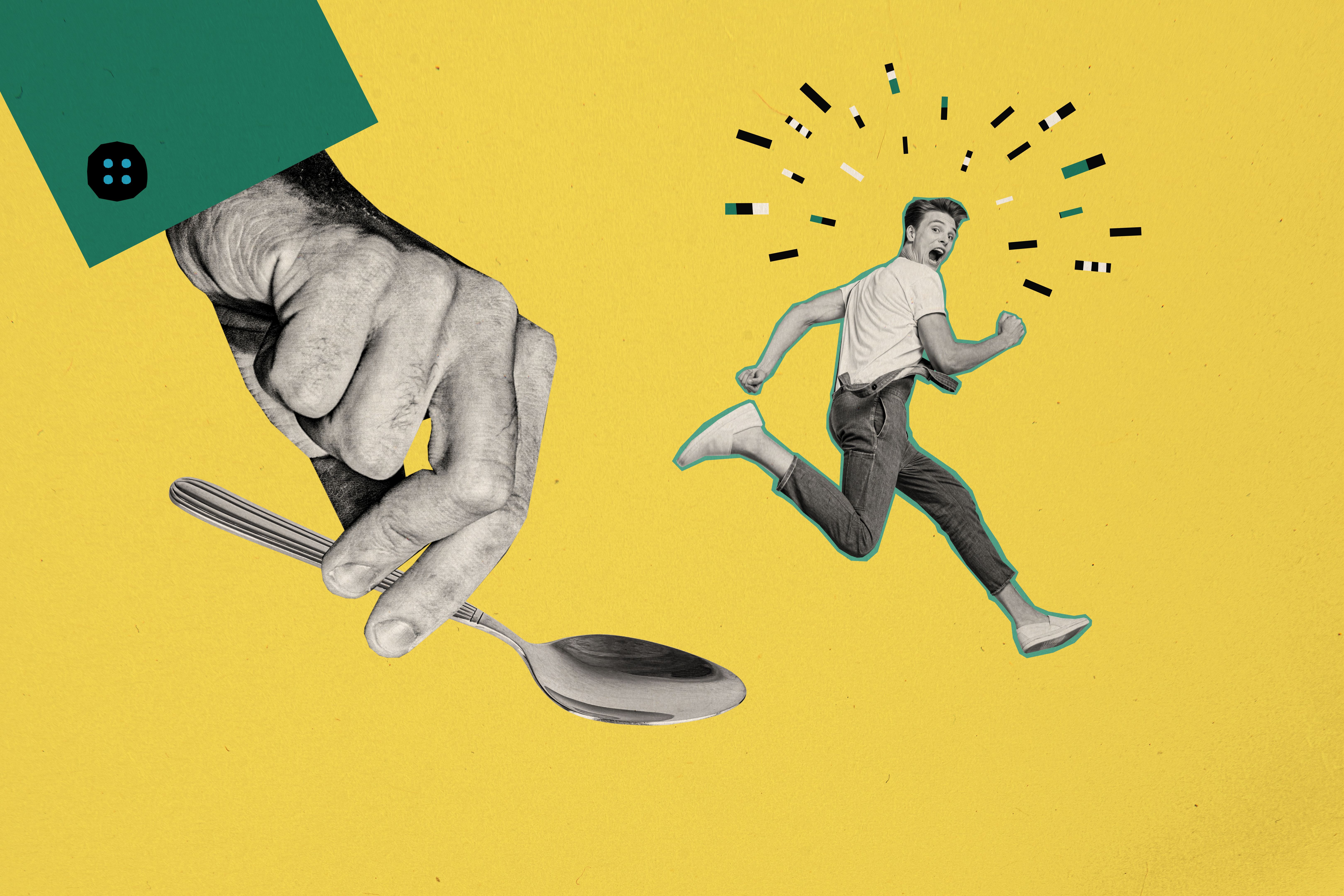Understanding the Spoon Theory: Chronic Illness and the Path to Greater Societal Acceptance
What is the Spoon Theory?
The Spoon Theory is a metaphor used to explain the limited energy reserves available to individuals with chronic illnesses. It was introduced by Christine Miserandino, who used the concept of spoons to represent units of energy. In her analogy, healthy individuals start each day with an unlimited number of spoons, while those with chronic illnesses begin with a finite amount. Each task, no matter how small, requires the use of one or more spoons, highlighting the need for careful energy management.
The Spoon Theory has become a valuable tool for people with chronic conditions to communicate their daily struggles and limitations. It provides a simple yet effective way to help others understand the constant balancing act they must perform to manage their energy throughout the day.

The Impact of Chronic Illness
Chronic illnesses can range from autoimmune diseases and diabetes to chronic fatigue syndrome and fibromyalgia. These conditions often come with invisible symptoms, making it challenging for others to grasp the full extent of their impact. The Spoon Theory helps bridge this gap by offering a tangible way to visualize the energy constraints faced by those living with such conditions.
For many individuals, managing a chronic illness involves prioritizing daily activities and sometimes making difficult choices about what can be accomplished. This constant negotiation can lead to feelings of frustration and isolation, especially when others do not fully comprehend the limitations imposed by their condition.

Promoting Greater Understanding
One of the critical roles of the Spoon Theory is its ability to foster understanding and empathy. By sharing this metaphor, individuals with chronic illnesses can convey their experiences more effectively, allowing friends, family, and coworkers to better support them. This understanding is vital for creating an inclusive environment where people with chronic conditions feel valued and heard.
Additionally, the Spoon Theory encourages society to move away from judging productivity based solely on visible accomplishments. Recognizing that energy levels can vary drastically from person to person helps promote acceptance and reduces the stigma often associated with chronic illnesses.

Steps Toward Societal Acceptance
To cultivate a more accepting society, it's important to take actionable steps. Here are some ways to promote greater societal acceptance:
- Education: Spread awareness about the Spoon Theory and its significance in understanding chronic illnesses.
- Empathy: Encourage open conversations where individuals can share their experiences without fear of judgment.
- Policy Changes: Advocate for policies that accommodate the needs of those with chronic conditions, such as flexible work hours or remote work options.
- Support Systems: Develop support networks that provide emotional and practical assistance to those living with chronic illnesses.
By implementing these steps, we can create a more inclusive environment where everyone, regardless of their health status, can thrive.
The Path Forward
The Spoon Theory has already made significant strides in raising awareness about chronic illnesses, but there is still much work to be done. Continual efforts to educate and engage society in meaningful conversations will be crucial in breaking down barriers and fostering a culture of acceptance.
Ultimately, understanding and embracing the Spoon Theory is about recognizing that each person's journey is unique. By acknowledging these differences and adapting our perspectives, we can build a world where everyone feels supported and understood in their daily lives.
